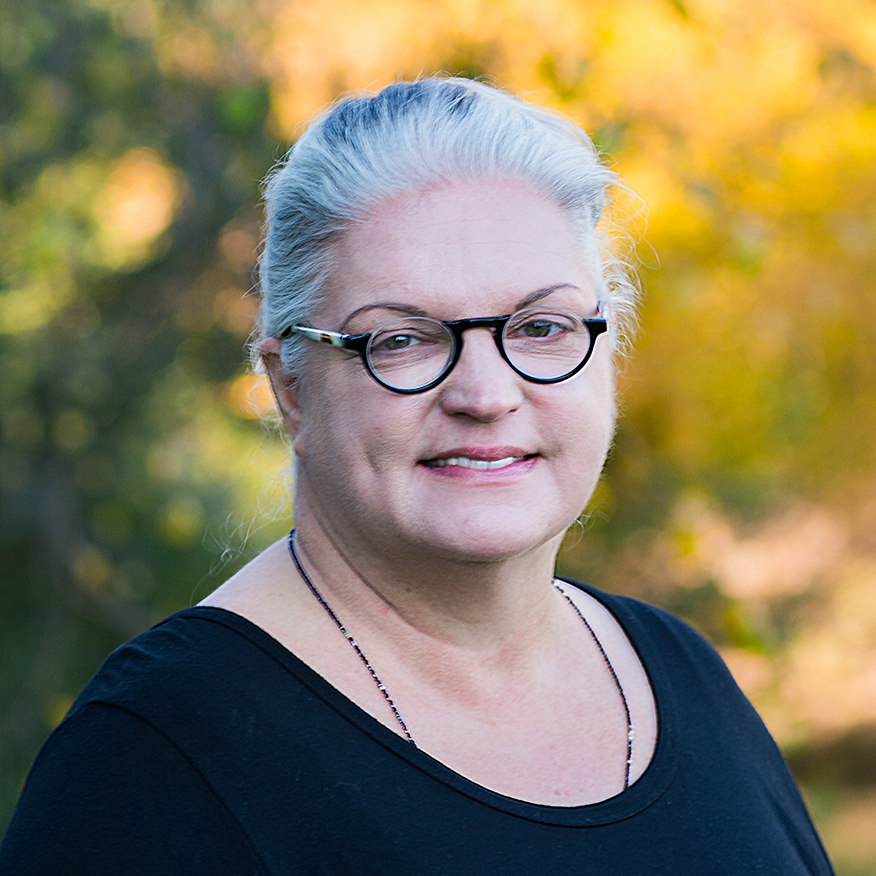Rentech, the California-based renewable energy company, purchased Fulghum Fibres, one of the leading wood chipping enterprises in the United States, for $112 million. The company plans to leverage Fulghum’s cash flow and profitability to launch a wood pellet business.
The announcement, which comes two months after the company closed its Commerce City, Colorado biofuels demonstration plant and dropped all advanced biofuels research and development activity, completes the company’s change in strategy from a focus on advanced biofuels (jet and drop-in diesel) to wood pellets.
The purchase of Fulghum provides Rentech with both the money and the expertise it needs to move into the wood pellet business. According to Rentech’s press release on the topic, Fulghum Fibres is expected to have revenue of $95 million in 2013 with an operating income of $10 million. With 25 years in the business, Fulghum also provides ample expertise in procurement, chipping and exporting wood fiber.
The company also purchased two shuttered mills in Ontario, which it will convert to pellet manufacturing facilities. The output of these mills—one in Wawa (a shuttered OSB mill) with 400,000 production capacity annually and a startup date of 4Q2014 and one in Atikokan ( a former particle board mill) with a production capacity of 140,000 and a startup date of 1Q2014—will be sold under two 10-year take-or-pay contracts:
- Drax Power Limited—for the delivery of 440,000 tons of pellets annually.
- Ontario Power Generation—for the delivery of 50,000 tons of pellets annually, with an option to expand to 100,000 annually.
The reason for the shift in Rentech’s strategic plan can be summed up in one word: money. While the company’s technology was proven successful at the demonstration facility, the company had serious qualms about the next step in the process, building a commercial scale facility. As Raymond James energy analyst Pavel Mochanov observed in August of 2012: “Rentech clearly doesn’t intend to foot the bill for a massive production facility of its own, a stance which astutely recognizes that the company’s balance sheet is not limitless.”
Rentech’s decision highlights the big question: when will advanced biofuels be as investor-ready as wood pellets are today?
In Rentech’s case, the technology does not appear to be the issue keeping investors on the sideline. The company continues to have faith in its processes and technologies. The March 1 announcement that it would put both its demonstration facility and the land it had purchased in Mississippi for the commercial facility up for sale, Rentech said the following: “While Rentech believes that its technologies have commercial value in the future as well as in different geographies, it believes that Company resources are better directed at opportunities that will produce more immediate returns, as it does not expect the market opportunity for alternative energy to improve materially in the United States within the next several years.” The company cited a combination of low energy prices and the lack of incentives for alternative energy as the reasons the US market is unlikely to be favorable for biofuels going forward. In his piece “Rentech to Close Colorado Demo Unit, Drop Advanced Biofuels R&D Activities,” which appeared in Biofuels Digest, Jim Lane reports that their proprietary processes work.
From a financing perspective, however, Rentech’s new strategy is certainly more solid than its biofuels strategy. In the two months since announcing the shift in strategy, the company has been laying a strong foundation for the new business. In addition to purchasing Fulghum and the two Canadian mills and securing two off-take agreements, Rentech has:
- A sustainable source of fiber supply thanks to its supply agreement with Ontario Crown forests.
- Entered into a joint venture with Graanul Invest, one of the largest pellet producers in the world, for the construction of pellet facilities in Ontario and the US.
- “Access to the only large scale pellet handling facility in Eastern Canada through a 15-year agreement with Quebec Stevedoring, which provides deep water access at the Port of Quebec and short shipping distance to European pellet consumers.”
- “A relationship with Canadian National Railway for the inland transportation of pellets.”
Meanwhile, the 478-acre former International Paper property in Natchez, Mississippi has been listed for sale. A report in the Natchez Democrat indicates that three potential buyers are interested in the site, which is listed for $8.5 million. There are no reports of progress in the sale of Rentech’s demonstration facility in Colorado.
Learn more about Forest2Market's project support services for bioenergy projects.


 Suz-Anne Kinney
Suz-Anne Kinney


